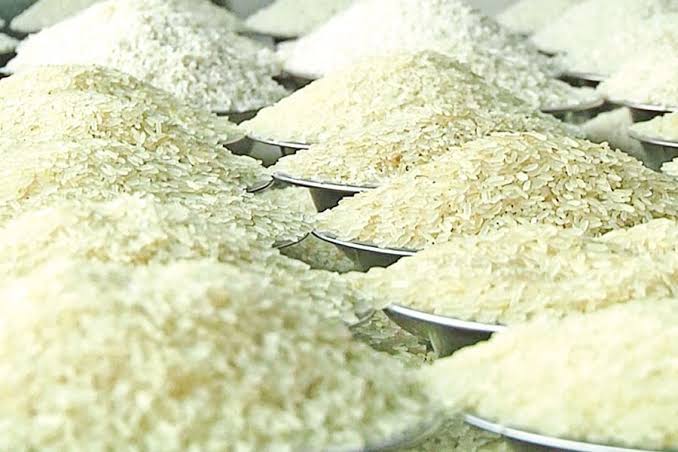
Published :
Updated :

Rice prices in Bangladesh markets do not seem to follow the laws of supply and demand, the fundamental principles of economics. Reports published in this paper on the basis of information from the Trading Corporation of Bangladesh (TCB) and the city's kitchen markets, the prices of this basic staple of all categories increased by Tk6.0 to Tk10 a kilogram last month. Even the coarser variety of rice, which is consumed mainly by the low-income people, was selling between Tk 56 and Tk 58 per kg.
Why should the prices go up when its import by the private sector was enjoying full duty waiver? Moreover, being the harvesting season of Boro rice, the major winter crop of Bangladesh, there was abundant supply of rice in the market. Neither the traders in the retail market nor experts on essentials' market value chain could come up with any credible explanation of this strange behaviour of the country's rice market. However, one answer to this riddle was, as always, the syndicates comprising mainly of the millers, big importers and corporate operators in the rice market. No doubt there were elements of truth in such suggestions since there has to be some reason for such rice price volatility. There is still no let up in the soaring rice price and new arguments are being advanced to explain away the matter. It is that the zero-duty facility for rice import in force between October 2024 and May 2025, which was introduced to counterbalance the damage caused to Aman crop in the wake of the floods of August 2024, is now over. So, the original rate of 62.5 duty on rice import has returned discouraging any further import of rice by the private sector. Now the finger is being pointed at the freshly discovered culprit -- the restrictive import duty!
Experts as well as rice traders favour relaxation of the duty on rice import again, preferably to the pre-June 2025 level at zero per cent. But going by previous experience there is no guarantee that duty waiver will leave any impact on the rice price regime in the market. More so, because given the adequate stock of rice in the government silos and the post-boro harvest realities, there should be no supply shortage to justify any reduction of duty or its outright waiver so far as rice import is concerned. Since, according to reports, the Boro production this year was the highest ever at 20.6 million, any fear of supply crisis would be misplaced. The Directorate-General of Food (DGoF), on the other hand, says it has a stock of 1.8 million tonnes of foodgrains, of which rice constitutes the lion's share. Meanwhile, the government's drive of rice purchase is ongoing. To all appearances, these positive factors have no impact on the rice maeket.
Then, what other options are left for the government to control the prevailing volatility of the rice market, which has a direct bearing on the rate of inflation and hence the cost of living? Most importantly, the very low-income and those without any income, the vulnerable segments of society, have to be protected by all means. That involves extending direct government support to those families. Also, to avert any unexplained bigger crisis, the government intervention in the rice market in the form of open market sales (OMS) should be in place. At the same time, strict market monitoring and penalising hoarders and price manipulators should continue. Since floods are common in the rainy season, the government must also be fully prepared to meet any flood-related emergency arising in the coming days.


 For all latest news, follow The Financial Express Google News channel.
For all latest news, follow The Financial Express Google News channel.